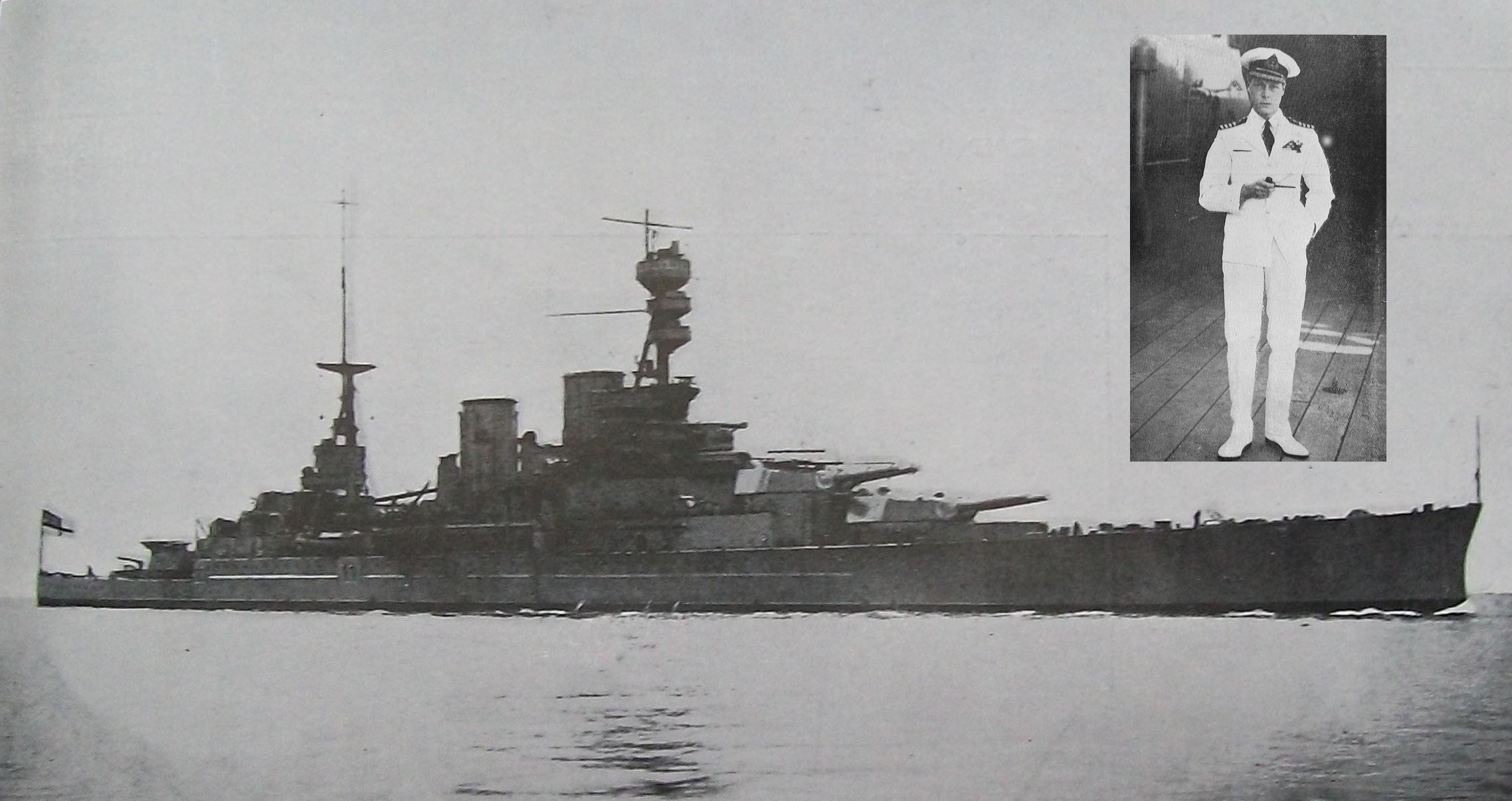
London, March 30: The Atlantic Fleet, when proceeding homeward from combined fleet exercises in the Mediterranean, altered its course, at the request of the Prince of Wales, to salute HMS Repulse.

Gold gives way to electricity
The last official mail from the Waipori goldfield has reached town, and by it we received a communication from the last gold-digger left on the field. The Waipori Goldfield, he wrires, existed for about 63 years. Its outstanding characteristic was its steady return of gold to consistent work. There were no sensational returns, but there was less than the average of failure. The field produced an efficient race of miners who vindicated their worth on many fields after they had developed the Waipori field to advantage. Many of the advances in dredge and hydraulic mining originated at Waipori. The first "dry land" dredge was floated there, and the "dry land" dredging was developed everywhere from this commencement. The first hydraulic bucket dredge, the submerged jet dredge, the automatic sluicing machine and the pivot jet pump all originated in Waipori. It is a congenial fate for a field that has been the source of wealth for so many years to be submerged in the interests of the pioneer hydro-electric venture in New Zealand — a concern that is destined to create greater wealth and prosperity than the goldfield could produce even in its palmiest days.
PM’s illness delays meeting . . .
Early yesterday morning Mr Massey’s condition was unchanged, and he was resting as comfortably as might be expected. Messages are coming in from all directions, and resolutions of sympathy are being passed by public bodies.
A meeting of the Reform League, at which four Ministers were expected to speak, has been postponed indefinitely. Mr Massey spent a fairly good afternoon and settled down comfortably for the night.
. . . and requires column rewrite
On Sunday last I wrote a little note about Mr Massey, congratulating him upon the entry of his seventieth year. It was — when concluded — in my happiest strain. Pleasant reminiscences, vivid political allusions, chaffing reminders, were felicitously combined. They are all in the waste-paper basket, consigned to hopeless doom. For on Monday came the news that the Prime Minister was seriously ill, and there was an end to my irresponsible levities. Even the man in the street, with his tiresome "Bill", assumed an attitude of decent gravity. There was a quick feeling that a great life was at stake, and that New Zealand might be in danger of losing a statesman of light and leading whose virtues and value had been too easily taken for granted. Even now, at my time of writing on Tuesday night, peril and suspense are not over. In conventional phrase we can only hope for the best, — adding (shall I say?) a prayerful word in recognition of all that New Zealand owes to Mr Massey.
— by Wayfarer
— ODT, 1.4.1925 (Compiled by Peter Dowden)












